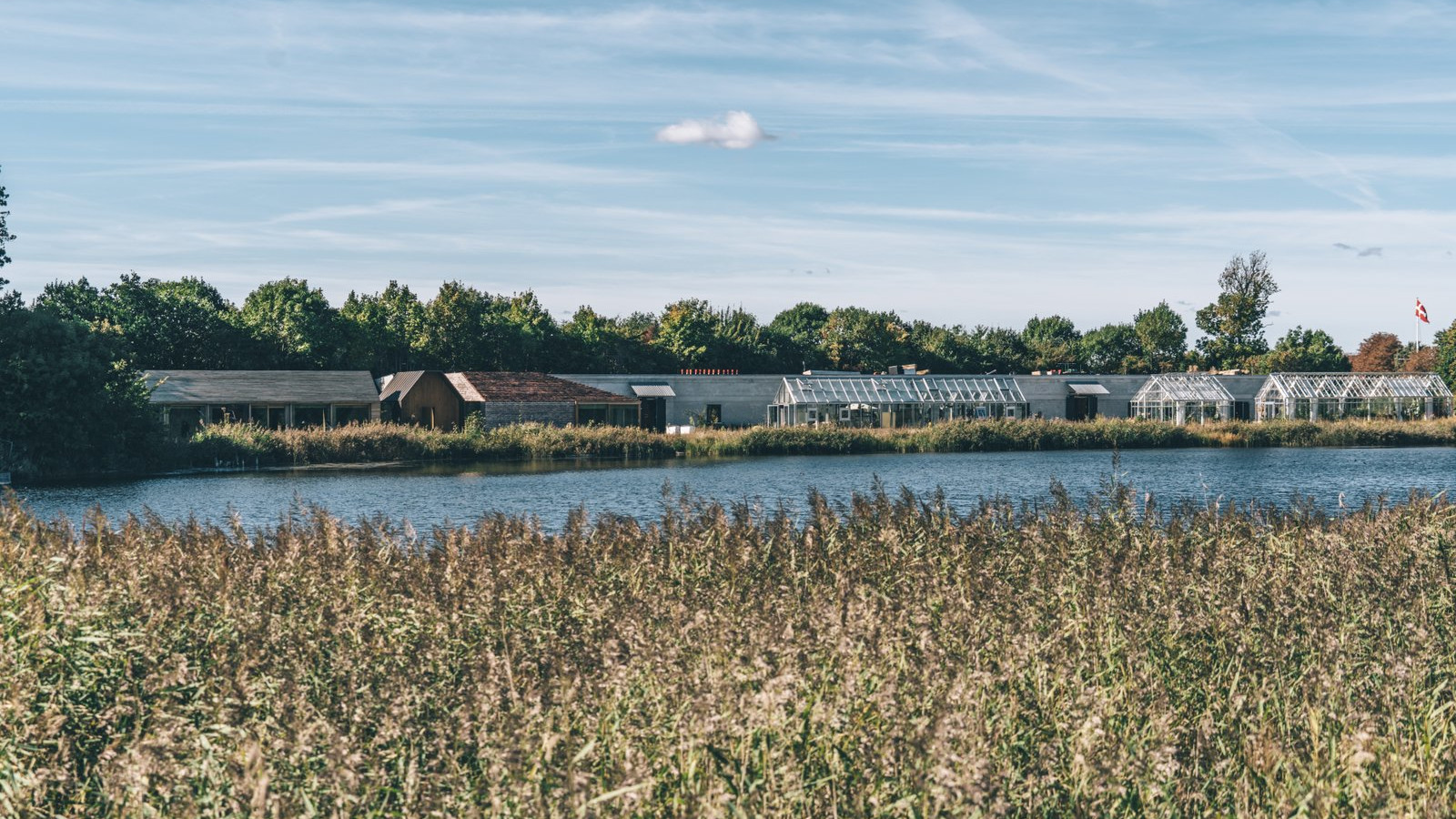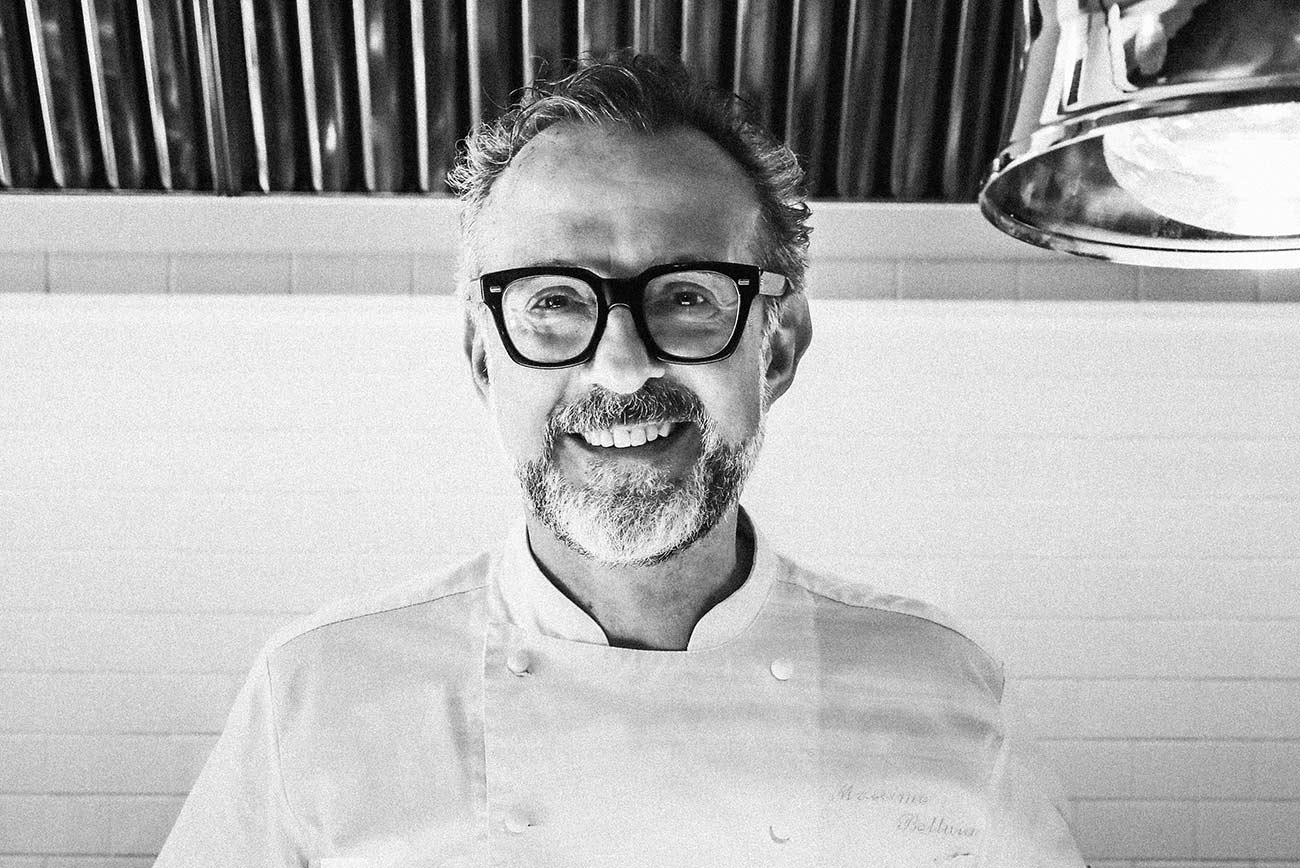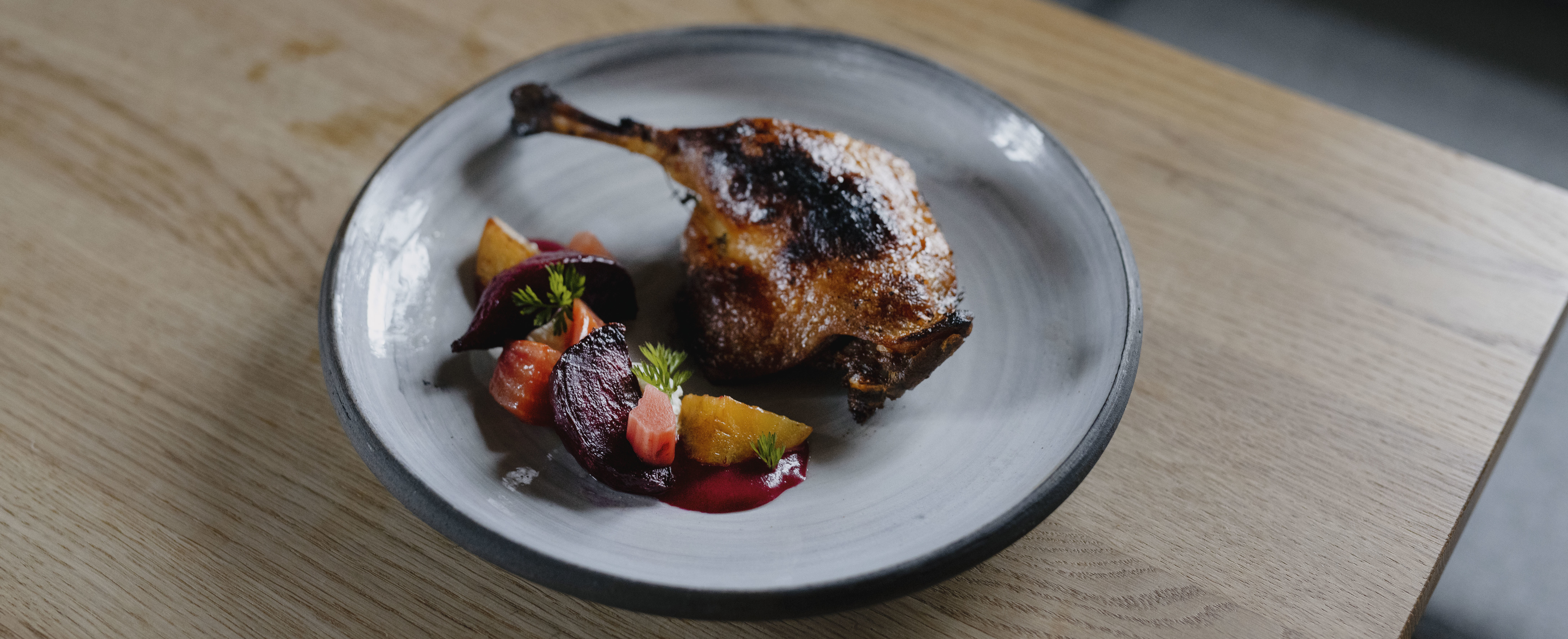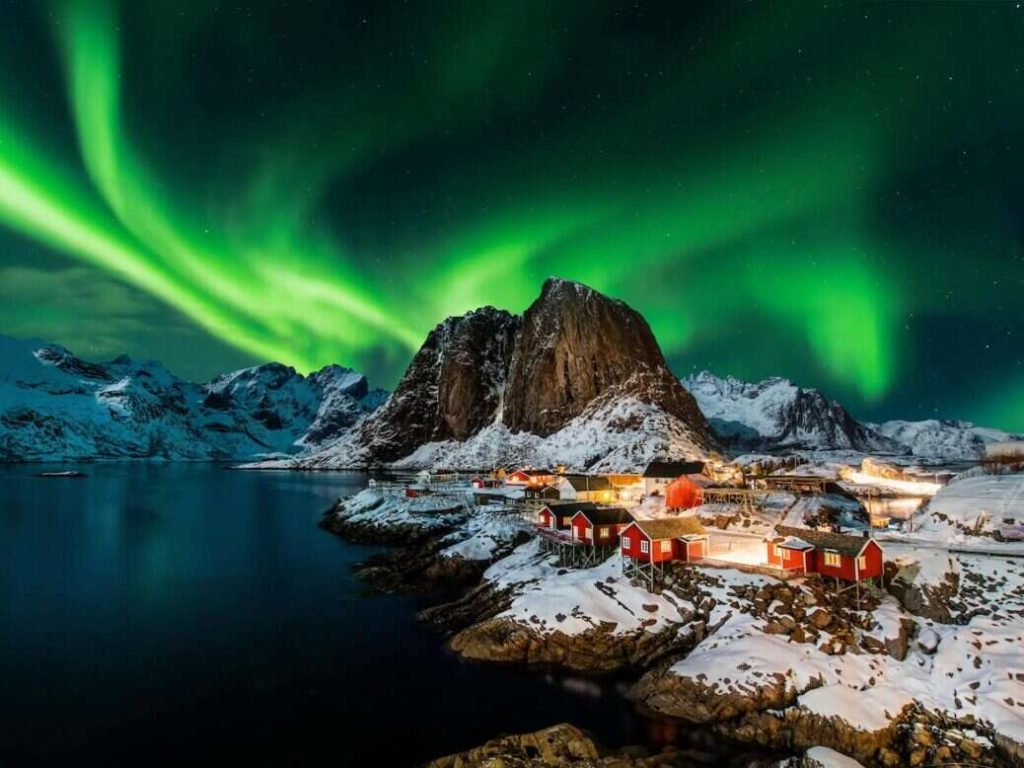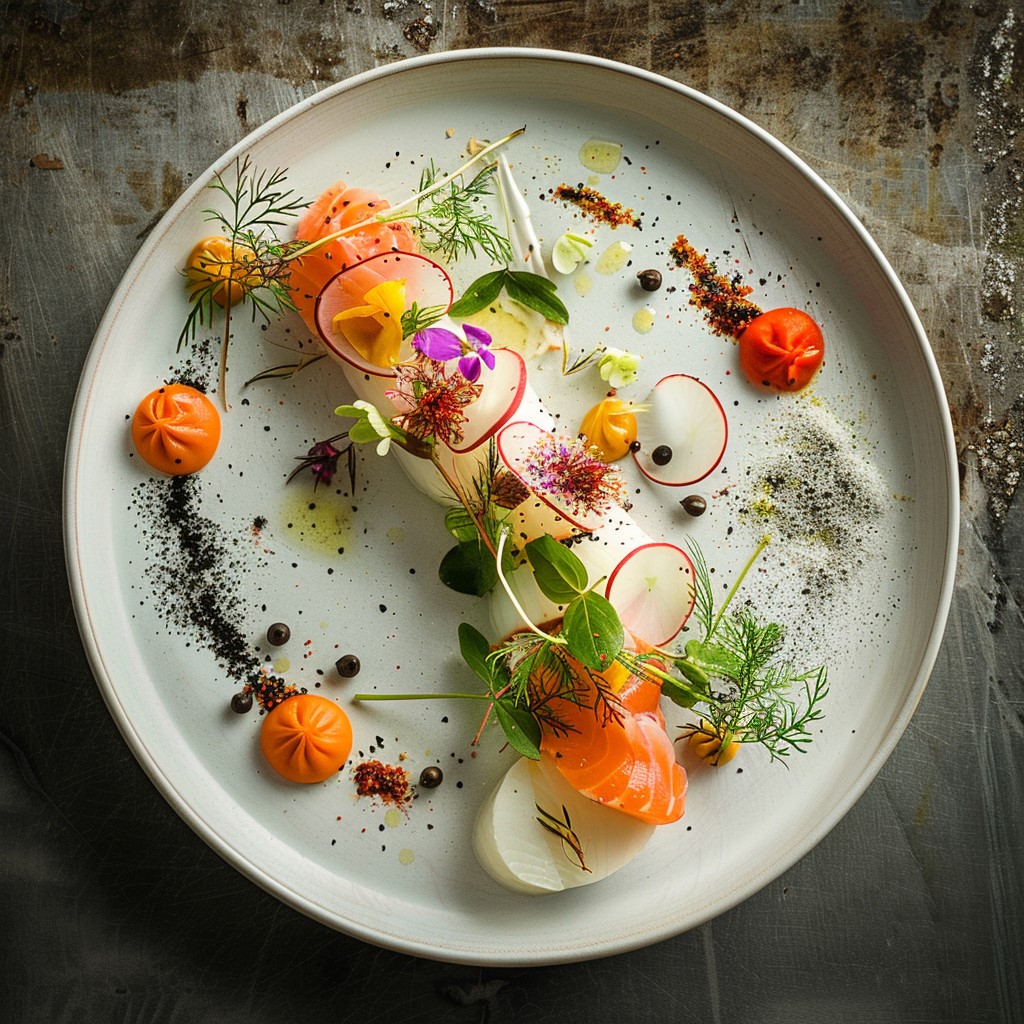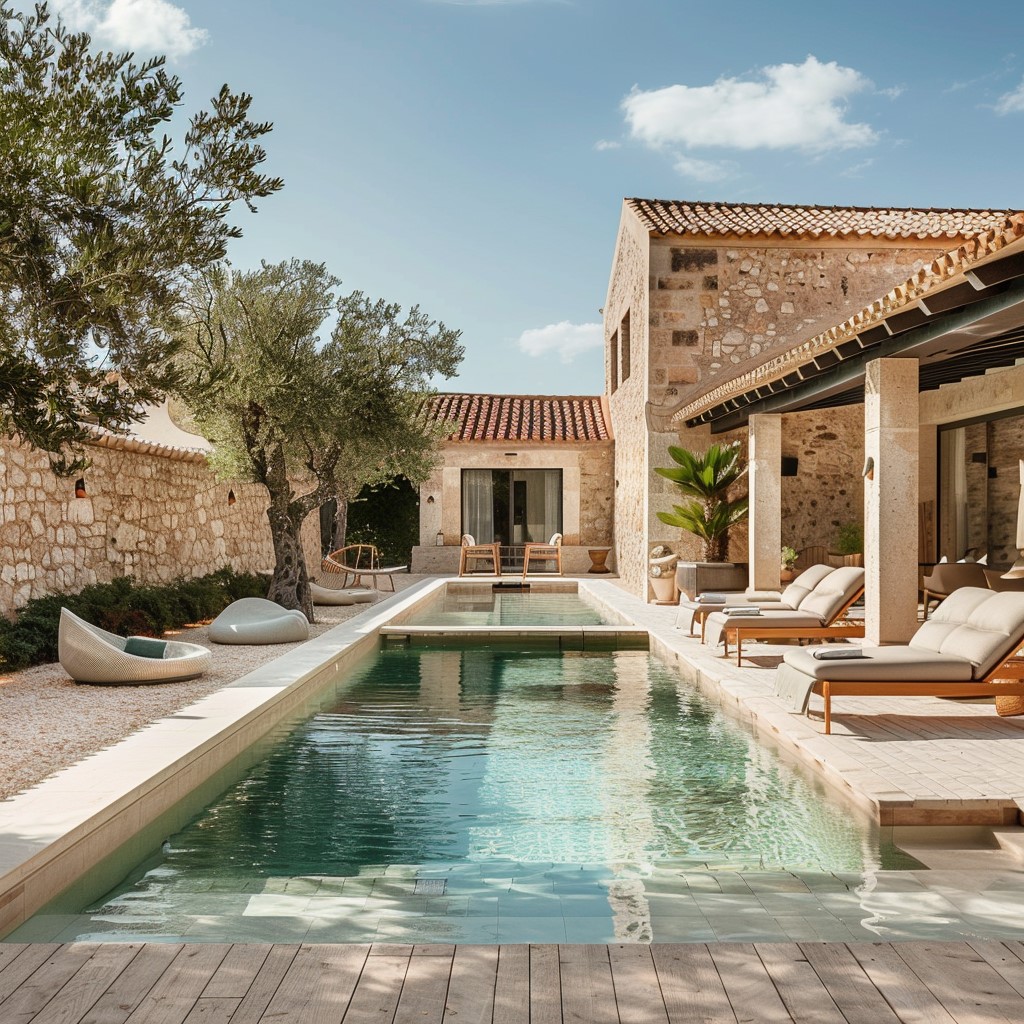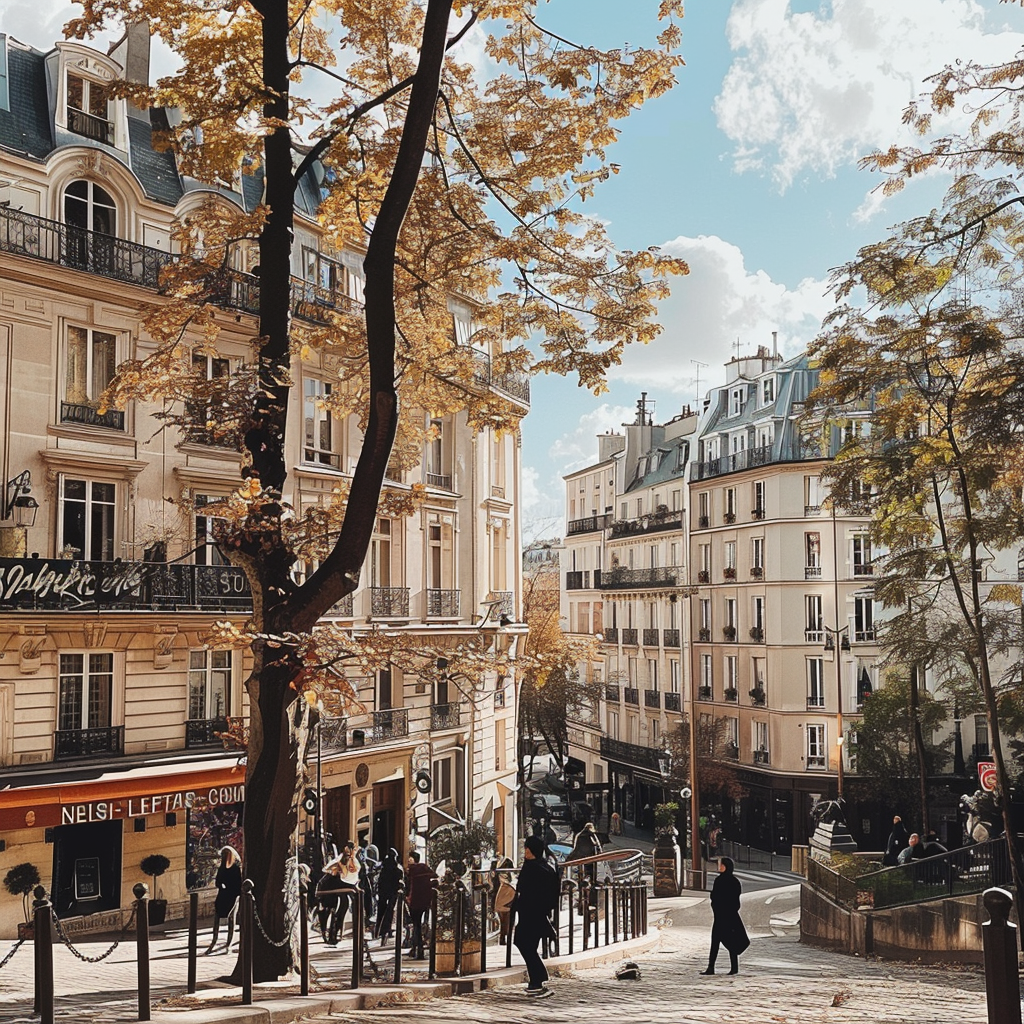Over the past decade, gourmet cuisine has experienced a remarkable development, ranging from locality and seasonality to molecular gastronomy. The appreciation for local, fresh ingredients, as embodied by Dan Barber and his “Farm to Table” concept, has changed the way we view and experience luxury dining. The culinary world has also been shaped by sustainability and ethical awareness, driven by chefs like Massimo Bottura, as well as the global fusion of flavors and techniques in fusion cuisine.
Ferran Adrià‘s experimental approaches in molecular gastronomy have revolutionized the culinary experience by using scientific methods to challenge the senses. Experiential dining, as practiced by René Redzepi at Noma, has made eating a comprehensive experience that engages all senses and takes guests on a cultural journey.
The focus on health and well-being is becoming increasingly clear, as evidenced by Dominique Crenn‘s emphasis on biodynamic ingredients and a poetic presentation of food. Today’s gourmet cuisine is more layered and responsible, reflecting a global trend that is likely to continue in the years to come.
The New Nordic Cuisine, initiated by the New Nordic Food Manifesto and chefs like Claus Meyer and René Redzepi, represents a return to local, sustainable products and the reinvention of Nordic cuisine. This movement has led to a renaissance of traditional foods and methods and has become a democratic phenomenon that influences far beyond the borders of Scandinavia.







